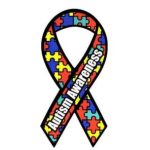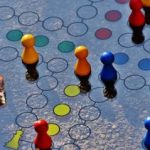
The “How to Be…Advice Assignment” series is a fun and insightful way for your students to explore various life stages and roles. This assignment offers guides on topics like being a baby, a teenager, a parent, or navigating adulthood. Each guide blends practical advice with humor, providing a unique perspective on everyday challenges. This would be a great culminating assignment for the end of a course after students have learned about the subject they will be writing about.










